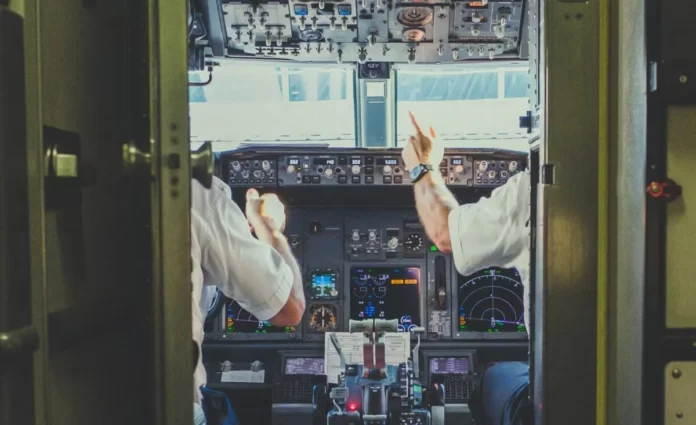Major U.S. airlines are urging the Federal Aviation Administration to delay by two years a safety regulation set to take effect in August that would require new commercial passenger aeroplanes to include a secondary flight deck barrier, the agency said Tuesday.
Airlines for America, the trade group representing major carriers including American Airlines, United Airlines, and Delta Air Lines, filed a petition asking the FAA to postpone the requirement. The group cited the lack of FAA-approved secondary barriers and the absence of authorized manuals, procedures, or training programs.
The FAA said it will accept public comments on the petition through June 23.
The rule, finalized in 2023, mandates that aircraft manufacturers install a second physical barrier on planes operated in U.S. commercial passenger service. The agency said the additional layer of security is designed to protect the cockpit from intrusions when the flight deck door is open.
The FAA began pursuing cockpit security measures following the September 11, 2001, hijackings, later implementing standards to prevent forcible intrusions and unauthorized entry. In 2007, the agency introduced rules requiring that flight deck doors remain locked during operation unless access by authorized persons is necessary.
Under the new rule, existing aircraft are not required to be retrofitted.
The airlines’ petition said they expect the FAA to certify the barriers by June or July, but asked for additional time to implement the requirement.
Air Line Pilots Association President Jason Ambrosi opposed the delay.
“We urge the FAA to reject this latest stalling tactic and implement, without delay, the secondary barrier requirement as Congress mandated,” Ambrosi said.
Unions pushed for the rule to take effect one year after its publication, while aircraft makers Boeing and Airbus, along with Airlines for America, advocated for a three-year implementation window.
Although the 2018 federal law called for the FAA to adopt the rule by 2019, the agency has said it was required to complete procedural steps before issuing new regulations.




